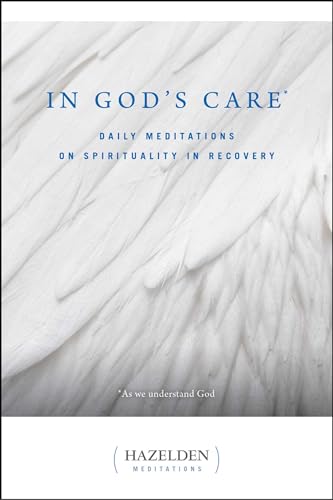To create guided meditations, outline your themes, write a calming script, incorporate soothing music, and record your narration with a gentle tone.
Guided meditation is more than just a relaxation tool – it’s a gateway to profound personal transformation. Whether you’re a wellness coach, therapist, or simply passionate about meditation, creating guided sessions can help others while building a meaningful practice or business.

Why Create Guided Meditations?
The global meditation market is booming, expected to reach $9 billion by 2027. People increasingly seek digital solutions for stress relief and personal growth. Unlike silent meditation, guided sessions provide structure that helps beginners and experienced practitioners alike.
Three compelling reasons to start creating guided meditations:
- High demand: Over 500 million people meditate worldwide
- Low barrier to entry: Requires minimal equipment to start
- Multiple revenue streams: Sell recordings, offer memberships, or build a YouTube following

Essential Tools for Recording
You don’t need expensive studio equipment to create professional-quality guided meditations. Here’s what you actually need:
Basic Recording Setup
| Equipment | Recommendation | Budget Option |
|---|---|---|
| Microphone | USB condenser mic (Blue Yeti) | Smartphone with recording app |
| Computer | Laptop with audio editing software | Tablet with free editing apps |
| Headphones | Closed-back studio headphones | Any wired headphones |
For editing, free software like Audacity works well for beginners. Consider upgrading your headphones as your practice grows.
Crafting Your Meditation Script
A powerful guided meditation follows a specific structure while allowing for personal creativity. Study scripts from teachers like Tara Brach or Mindful.org’s guide to understand different approaches.
The 4-Part Script Framework
1. Introduction (2-3 minutes)
Set the tone and intention. Example: “Welcome to this meditation for releasing anxiety. Find a comfortable position and begin to notice your breath…”
2. Body Scan (3-5 minutes)
Guide awareness through the body. Pro tip: Incorporate aromatherapy suggestions for deeper relaxation.
3. Core Practice (5-15 minutes)
The heart of your meditation. This could be:
- Visualization (forest walk, light filling the body)
- Mantra repetition
- Loving-kindness phrases
4. Closing (2-3 minutes)
Gently return awareness to the room. Example: “Begin to notice the sounds around you… wiggle your fingers and toes…”
Recording Techniques That Create Impact
Your voice is the most powerful tool in guided meditation. Follow these professional recording tips:
Vocal Delivery Secrets
- Speak slower than normal conversation pace
- Use slight vocal fry for a grounded tone
- Pause frequently (3-5 seconds between phrases)
- Record in the morning when vocal cords are fresh
Enhancing Your Recording
Add these elements to create a richer experience:
- Subtle background music (60-80 BPM)
- Nature sounds (ocean waves, rain)
- Binaural beats for specific intentions
Publishing and Monetizing Your Meditations
Once you’ve created your guided meditation, share it with the world through these channels:
Distribution Platforms
- Your own website (using MemberPress or Podia)
- YouTube (with visuals for passive income)
- Spotify/Apple Music via DistroKid
- Insight Timer (largest free meditation app)
Packaging Your Offerings
Create themed collections like:
- 7-Day Stress Relief Series
- Chakra Balancing Journey
- Sleep Transformation Program
Remember, the most powerful guided meditations come from authentic experience. Record what you know, speak from the heart, and your unique voice will resonate with those who need it most.
